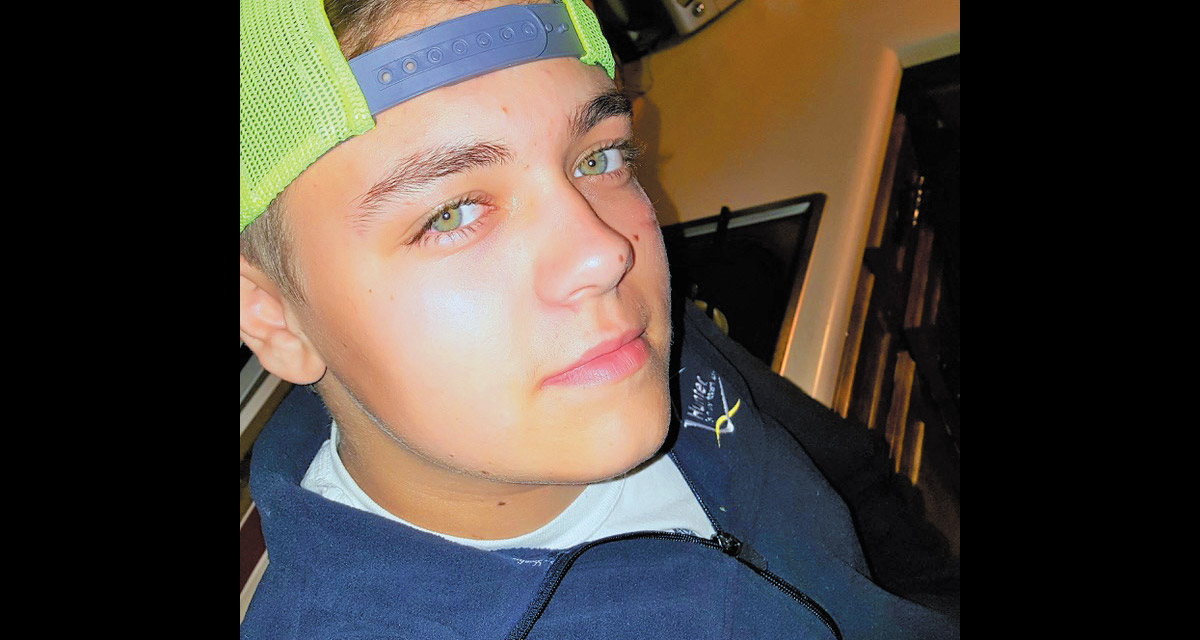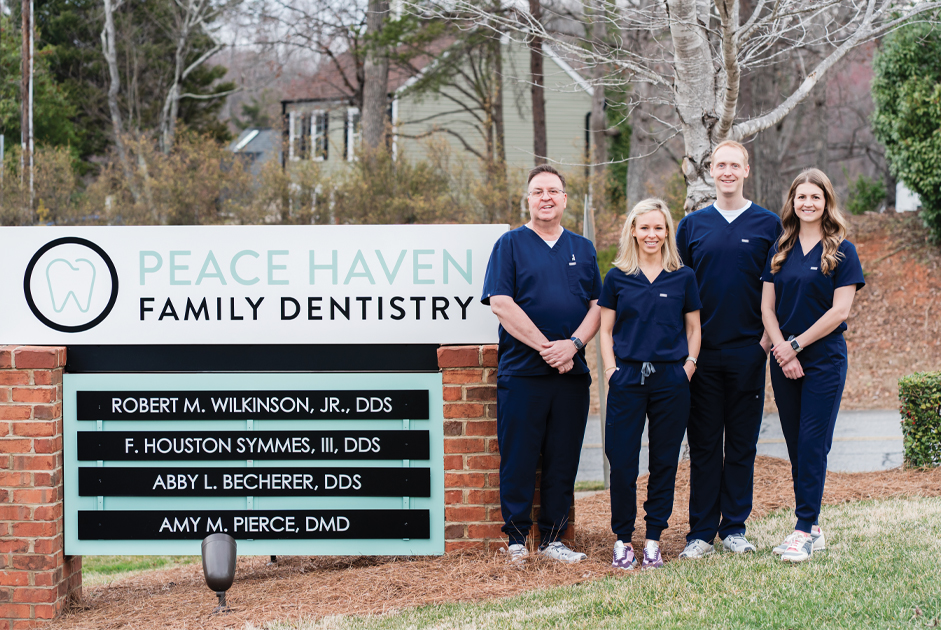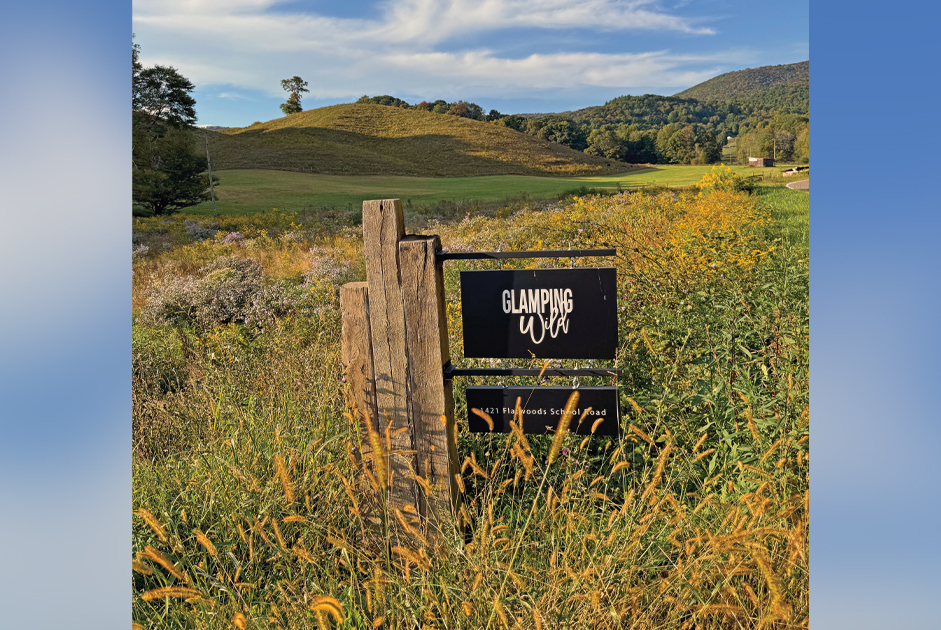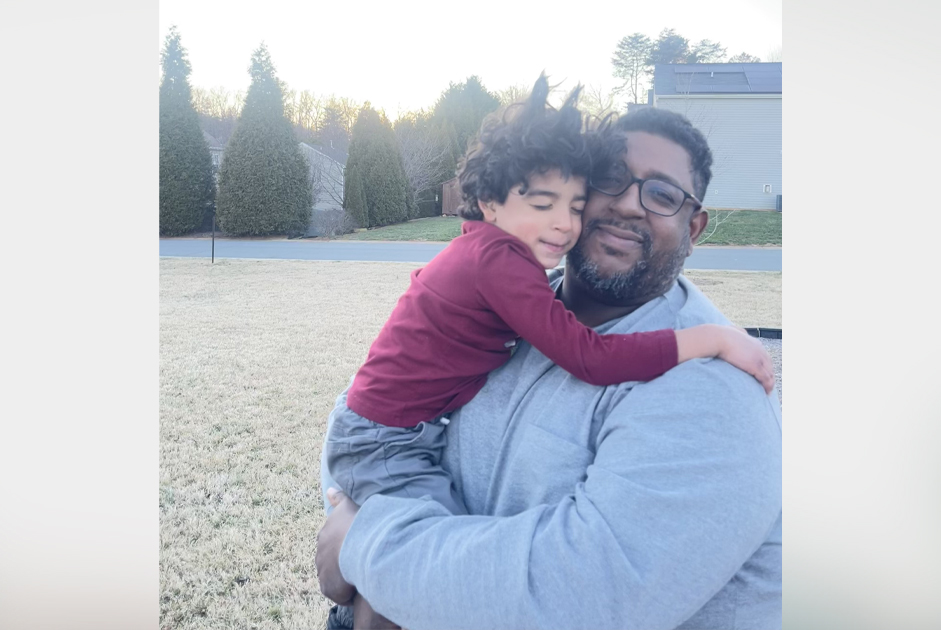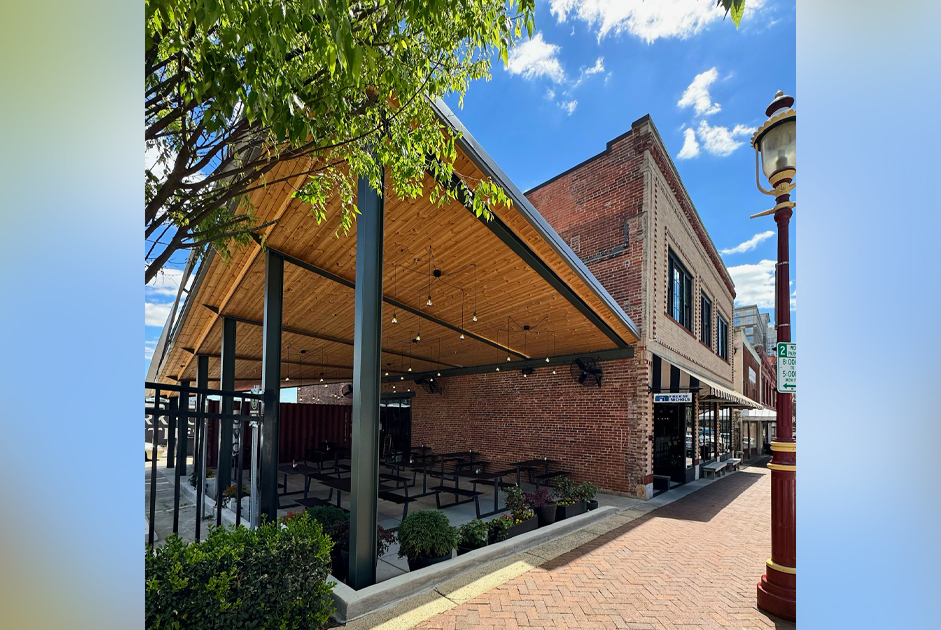It seems every day on the news we see there’s been another death from a drug overdose. It is estimated that in North Carolina more than 1,100 people die from unintentional drug overdoses every year. Nationwide, overdose deaths have exceeded car accidents as the principal cause of accidental fatalities. Fortunately for most of us, these are just numbers, we don’t attach a face or a name to a number, but for Brad and Shauna Hunter of Clemmons, NC, these statistics hit home on March 4th, 2018, when they found their 17-year-old son, Mason, lifeless in his bed after asphyxiating in his sleep, the result of a one-time experimentation with what they believe may have been the synthetic opioid methadone, often used to taper people off opioid dependence. Now, Mason’s parents are taking the loss of their son and trying to make sure no other family has to lose a child, with their “Speak Up, Speak Out: Save a Life” initiative, stressing the fact that one time trying the wrong thing is all that it takes to end a life.
Behind Every Statistic is a Child Who Was Loved
Shauna Hunter, Mason’s Mom, along with her husband, Brad, raised three children, teaching them from an early age that when talking about drugs and alcohol, “You never know what is in something and you may be allergic to an ingredient. Your first time may be your last time.” Like most kids, the response to Shauna’s warning was, “Oh, Mom, nothing is going to happen to me; you worry too much.” But on March 4th, 2018, Shauna and Brad’s worst nightmare came true, when they found Mason had died in his sleep. “Mason’s friends knew that something was wrong, that he had ingested a substance earlier in the evening, but didn’t know the signs of an overdose and were scared to let us know. They said if they had known he had overdosed, they wouldn’t have let him go to sleep. I don’t want any other parents or families experiencing what our family is going through now with the loss of Mason. My heart breaks for the ’tweens, teenagers and emerging adults who think they are invincible. It’s not just ‘junkies’ who die; adverse effects to drugs and alcohol can have deadly consequences, as with Mason, after their having tried something just once. There are no do-overs in this life for many in these situations,” said Shauna. Even with all the warnings and seeing the statistics, kids are still experimenting, but why?
Alexis Overstreet, a Licensed Clinical Social Worker and Licensed Addiction Specialist in Winston-Salem and owner of Metaspace Counseling PLLC, explains, “Teenagers and emergent adults, 13-25 years old, want to feel like they ‘belong.’ Due to their developmental stage, both the socio-emotional and cognitive portions of the brain are developing, making more work for them to think ahead about the potential consequences. Poor decision-making, poor impulse control and a desire for risk increase due to the drive to fulfill that socio-emotional developmental state. But they continue to learn from their environment and life experiences. As we age, the decision-making part of our brain matures and we are able to make better decisions by weighing the potential risks and consequences. The key is education! ’Tweens, teenagers and emerging adults canengage their frontal lobe and executive functioning. Parents, family members and positive adults continue to be a strong influence in the decision-making processes of these age groups. The more information we, as informed adults, share on how to handle crisis situations related to substances, drug use and overdoses, the greater the chance to reduce substance use and overdose in our young people.”* This description fits Mason and his friends perfectly, but sadly, it’s too late to change Mason’s outcome. Shauna Hunter hopes, however, with her “Speak Up, Speak Out: Save a Life” initiative, that she can save the next Mason.
911 Good Samaritan Law Can Save a Life
Many times people who are around someone in crisis due to taking drugs or alcohol don’t call for help, because they are afraid they’ll get in trouble; they don’t know about the 911 Good Samaritan Law and that education is part of Speak Up, Speak Out: Save a Life.
“Unfortunately, people who witness or experience a drug overdose do not seek medical attention because they are afraid of getting in trouble for drug or alcohol crimes. For this reason, countless individuals die needlessly because of alcohol poisoning and an overdose from prescription painkillers and illicit drugs. Seeking to address this problem in our state, the North Carolina legislature passed an overdose prevention law in April 2013. The Good Samaritan Law states that anyone who is experiencing or witnesses a drug overdose may seek help without fear of being prosecuted for possession of small amounts of drugs or paraphernalia. In addition, an underage drinker who seeks medical help for anyone will not be prosecuted by law enforcement or campus authorities if they state their name while calling and stay with the victim until paramedics or police arrive. In August 2015, new changes to the Good Samaritan Law (SB154) went into effect, allowing people who are at risk of having an opiate or opioid overdose, family members, or friends, or a person at risk for an opiate-related overdose to purchase naloxone, an antidote to opiate overdose. Practicing licensed pharmacists in North Carolina no longer need a written or faxed prescription from a physician to dispense naloxone. Greater access to life-saving medicine equals more lives saved. This law also protects pharmacists from civil or criminal liability if they dispense naloxone under a standing order. We hope that the knowledge of the 911 Good Samaritan Law will be passed along as we share our story,” Shauna commented. The message of “Speak Up, Speak Out: Save a Life,” although rooted in tragedy, is a hope that others can be saved.
The statistics speak for themselves. There is an opioid epidemic in our country and drugs today aren’t the same as those of 10-20 years ago. New designer drugs, synthetically produced, laced with other drugs, as well as prescription medications can and do kill the first time you use them. Keep an eye on your kids for mood changes, dietary changes, weight loss or gain, and who they are spending their time with. And just sit down and have a heart-to-heart, looking them in the eye and asking the hard questions.
The Hunters are in the early stages of grief and there’s so much more to come their way, but this initiative is a way to make Mason’s life count for the 17 years he was here and for the many years he will not be. There are no perfect parents and no perfect kids. Mistakes happen every day, but not all of them can kill you. Experimenting with drugs and alcohol can kill, but if you are concerned about a friend in crisis, know that you can alert the authorities without getting into trouble. Change in this epidemic of losing kids far too soon can begin with education and the realization that this is a problem for our whole community, not just one family.
*Forsyth Familywill soon have a follow-up article addressing how to recognize an overdose.

